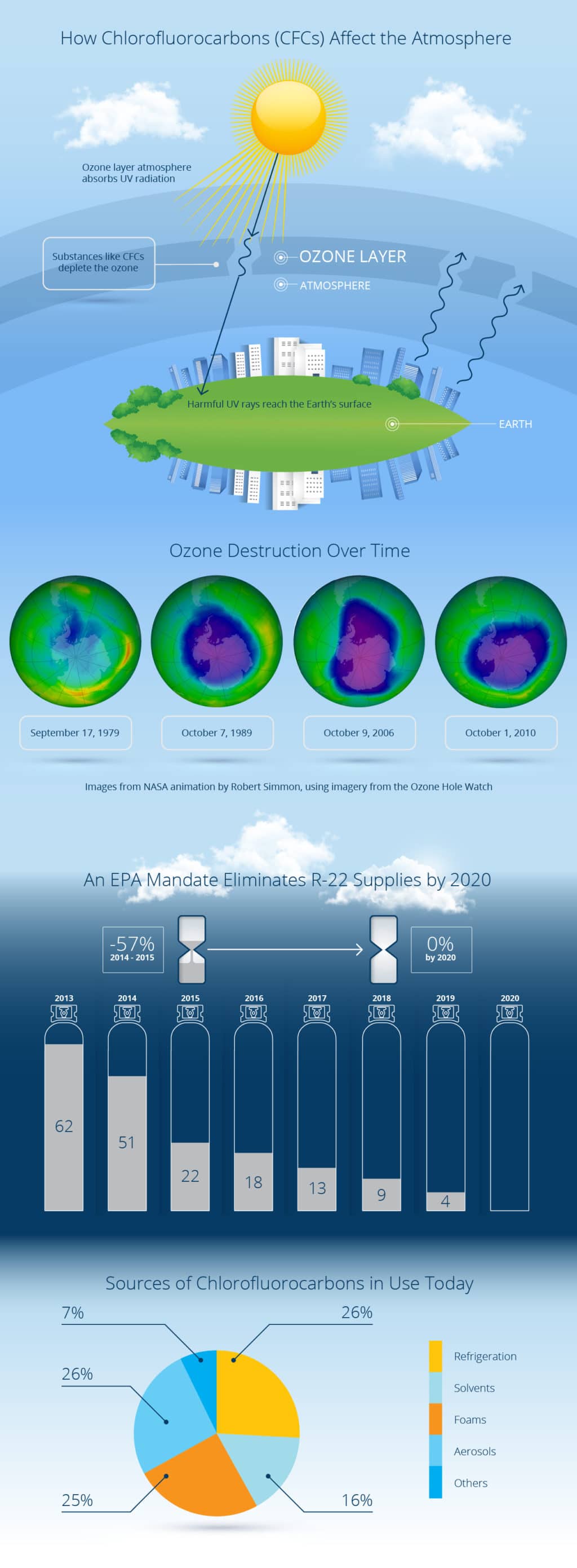Avoid Expensive Fixes: Determining Early Indicators Of HVAC System Issues
Avoid Expensive Fixes: Determining Early Indicators Of HVAC System Issues
Blog Article
Article Created By-Key Hejlesen
You may not understand it, however your heating and cooling system could be quietly plotting versus you. It's a complicated equipment, functioning diligently to maintain you comfy year-round.
Yet occasionally, https://elktonhvaccontractor.s3.amazonaws.com/elktonhvaccontractor.html begins to show indicators of trouble. Indications that, if neglected, might cause pricey fixings down the line.
So, exactly how can please click the following website protect on your own from these prospective calamities? Well, let's start by listening very closely ...
Uncommon Sounds
If you hear any kind of uncommon noises originating from your a/c system, it is very important to address them immediately to stop prospective issues. These noises could be a sign of underlying concerns that, if left ignored, can bring about more considerable and expensive repair services down the line.
One usual sound to pay attention for is a screeching noise, which might suggest an issue with the follower belt or motor.
https://kvia.com/news/business-technology/2020/07/13/business-booming-for-el-paso-air-conditioning-firms-during-extreme-heat-wave/ to watch out for is a banging or clanging noise, which might show loose or damaged components within the system.
Furthermore, a hissing or whistling audio could be an indication of a refrigerant leakage.
Irregular Temperature
To make sure the ideal performance of your a/c system, it's important to resolve any issues that may cause costly repair services, such as unusual sounds, along with the problem of irregular temperature level. Inconsistent temperature level can't only make your home uncomfortable but also suggest underlying problems with your cooling and heating system.
Right here are three signs to keep an eye out for:
1. Hot and cold places: If you notice substantial temperature level variations in various areas of your home, maybe an indication of a HVAC system that's having a hard time to distribute air equally.
2. Rising and fall thermostat readings: If your thermostat constantly shows various temperature levels or falls short to preserve a consistent temperature level, it may signify a malfunctioning a/c system.
3. Ineffective air conditioning or heating: If your HVAC system takes longer to cool or heat your home than normal, it could be an indication of an issue that requires focus.
Poor Air Top Quality
Are you experiencing signs like coughing, sneezing, or allergic reactions in your house? If so, your a/c system may be responsible for the bad air high quality.
A badly kept or malfunctioning cooling and heating system can circulate dirt, pollen, and other allergens throughout your home, causing respiratory system issues and discomfort.
One potential cause of inadequate air high quality is an unclean air filter. In time, the filter can come to be clogged with dust, preventing it from successfully eliminating bits from the air.
One more possible wrongdoer is mold and mildew growth within the system. Mold and mildew prospers in dark and wet environments, and if left unattended, it can release spores right into the air, causing allergies.
To boost your interior air quality, see to it to regularly tidy or replace your air filters and timetable routine upkeep for your cooling and heating system.
Final thought
So keep in mind, watching out for very early signs of cooling and heating system issues can save you from expensive repair services down the line.
Did you understand that according to a recent research study, 80% of HVAC system failures could have been stopped with normal maintenance and timely repair work?
By focusing on uncommon sounds, inconsistent temperature levels, and bad air top quality, you can guarantee your HVAC system stays in top shape and prevent unnecessary expenses.
Keep positive and save on your own the problem!
